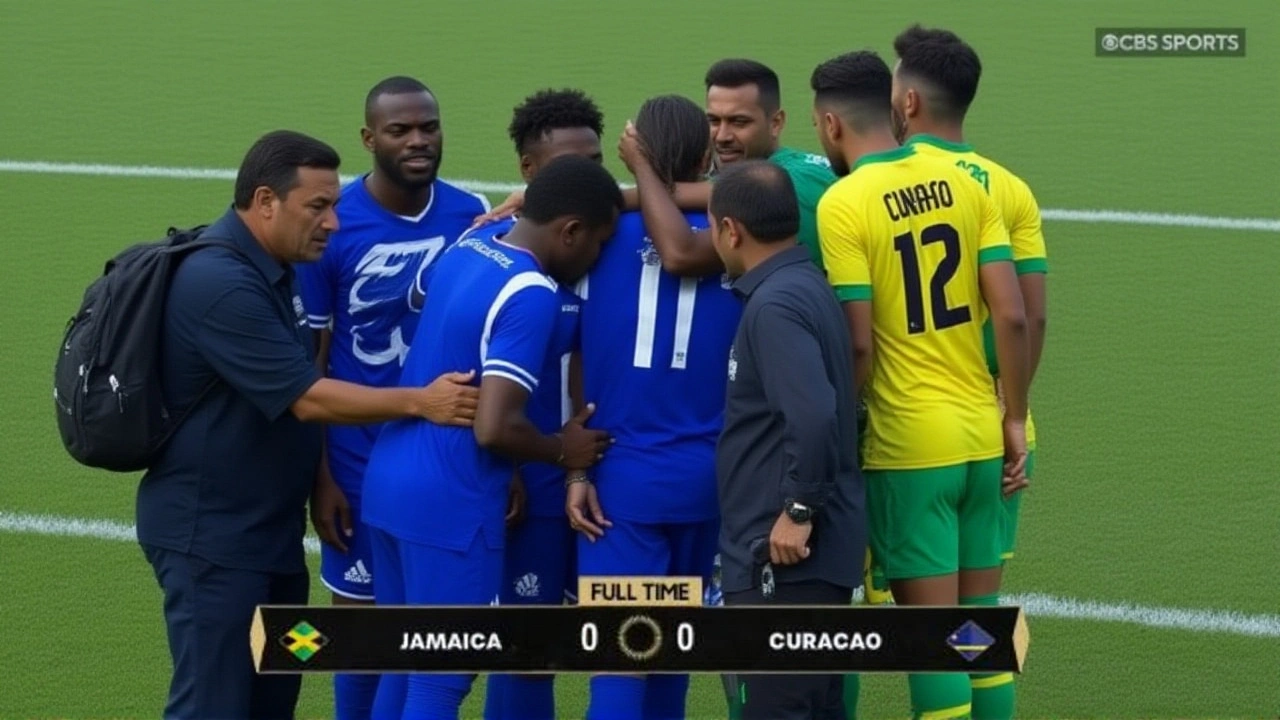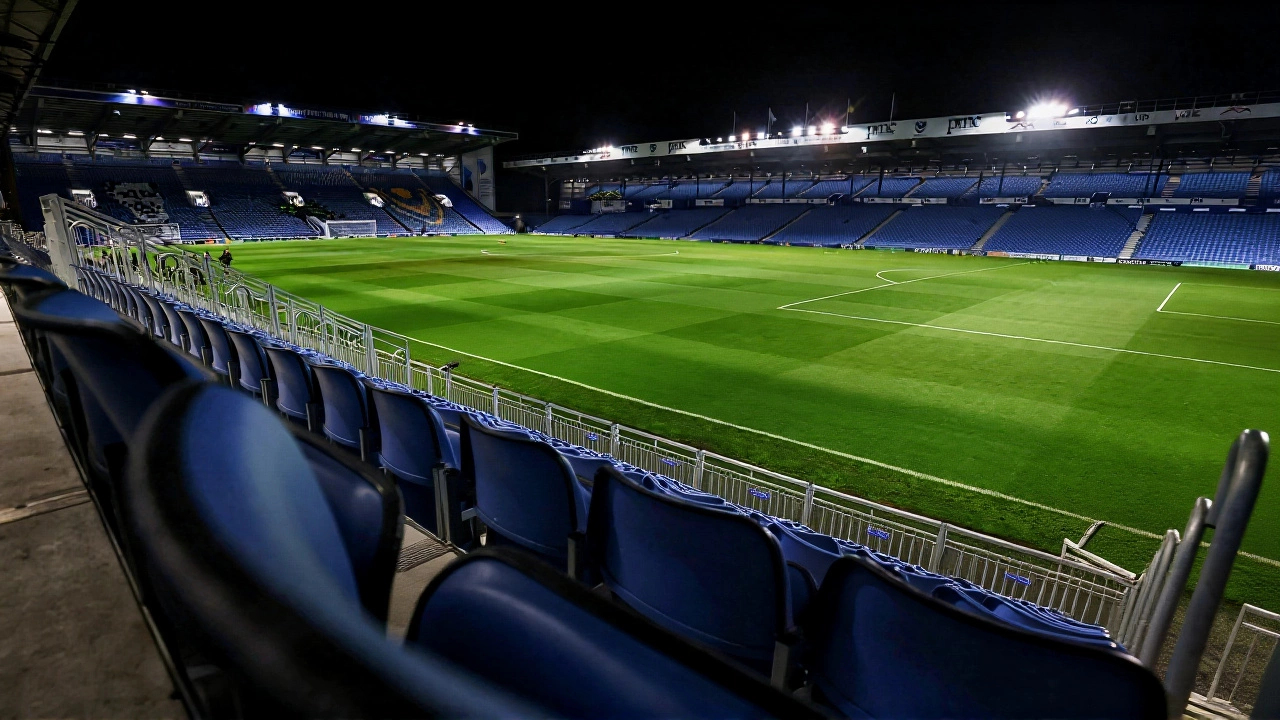Sports News – Who Made the World Cup 2022 Footballs?
Ever wonder whose hands actually shape the ball that rolls across the world’s biggest stage? The answer might surprise you – it’s Pakistan. The country’s long‑standing tradition of making footballs, centered in the bustling city of Sialkot, landed it the contract for the 2022 World Cup. Let’s break down why this matters and what it means for you as a fan.
Why Pakistan is the Go‑to Football Maker
Pakistan isn’t new to the game. For over a century, Sialkot factories have supplied balls to clubs, leagues, and major tournaments. What sets them apart is a mix of skilled labor, low production costs, and a focus on quality. The craftspeople use layered leather or synthetic panels stitched together by hand, ensuring each ball meets strict FIFA standards. When FIFA searched for a reliable supplier for the 2022 event, they found a partner that could deliver thousands of perfectly round, durable balls on time.
Another factor is the speed of delivery. Sialkot manufacturers have a reputation for turning around large orders quickly, which is crucial when a tournament involves travel to multiple continents. The factories also invest in modern testing equipment, checking bounce, weight, and water absorption to keep the balls consistent across matches.
What This Means for Fans
For the average fan, the story behind the ball adds a layer of connection to the sport. Knowing that a Pakistani artisan’s skill is part of every goal you watch gives the game a global feel. It also highlights how football unites different cultures – a Scottish team can score a winning goal with a ball made in South Asia, and the world celebrates together.
On a practical level, the quality of the ball influences play. A well‑crafted ball offers predictable flight, better control, and less bounce variation. That consistency lets players focus on skill rather than adjusting to a wonky sphere. So when you see a perfectly curved free‑kick, remember the precision started long before the match, back in a Sialkot workshop.
Finally, the partnership shines a light on Pakistan’s export potential beyond textiles. It shows that a country can excel in niche, high‑tech manufacturing when it invests in its workforce and standards. For young people in Pakistan, the World Cup contract serves as inspiration that talent can reach a global stage.
Next time you pick up a football for a backyard game, think about the journey it took – from a bustling factory floor in Sialkot to the glittering stadiums of Qatar. That story makes every kick feel a bit richer.










